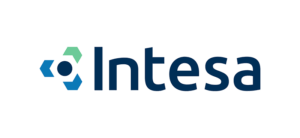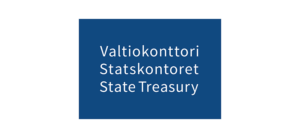The International Observatory on Electronic Invoicing aims to be an independent, qualified, third-party body for the monitoring and evolution of electronic invoicing, through the involvement of international providers, institutional actors and academics. It aims to develop analyses and lines of research that can help eInvoicing stakeholders to be aware of trends in the international market, while creating opportunities for discussion in a pre-competitive context, promoting fruitful collaboration between different actors and disseminating knowledge on eInvoicing at an international level.
International Observatory on Electronic Invoicing Research
In the context of the research edition, the International Observatory on Electronic Invoicing sets out to:
- map and analyse B2b and B2g eInvoicing models in the EU, with periodic and structured collection of primary data on the current and future state of eInvoicing from eInvoicing experts in each European country;
- map and analyse the spread of Peppol at the international level, gathering the point of view of Peppol certified service providers to understand their current operations and evolutionary strategies in the evolving international eInvoicing landscape;
- examine the interplay between the evolving European eInvoicing landscape and the “VAT in the Digital Age” proposal and monitor its evolution;
- analyse the different taxation models that exist at European level;
- analyse the impact of the European adoption of eInvoicing on the VAT system as a whole.
- identify the benefits (direct and indirect) associated with the introduction of eInvoicing, including those associated with the implementation of a cross-country system;
- map and analyse international reporting and compliance models;
- map interoperability standards and examine the possible introduction of a cross-border eInvoicing system starting from the interoperability layers defined by the EU Commission: legal, organisational, semantic, technical;
- monitor recent developments within the European Union regarding the electronic exchange of data related to the transport process and its relationship to interoperability at EU level.

























































